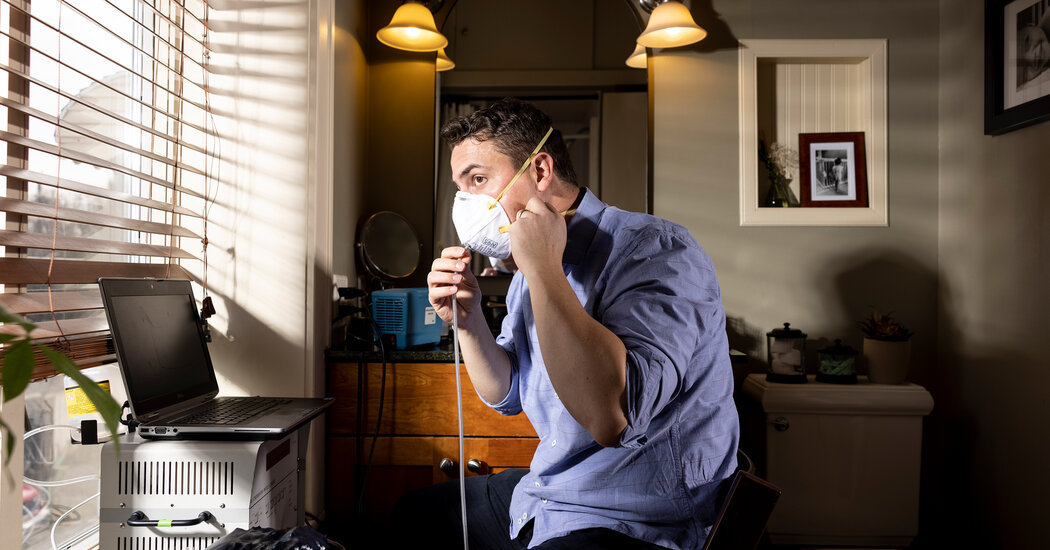
The domestic industry’s woes extend beyond the consumer mask market. In recent months, the medical supply giants that serve the country’s large hospital systems have eagerly resumed buying lower cost protective equipment from overseas.
The companies, among them McKesson, Henry Schein and Cardinal Health, have been lobbying the Biden administration to retain a tariff exemption on imported protective gear that was put in place earlier in the pandemic. Those pressing for the continued tax exemption on Chinese masks, including the American Hospital Association, say domestic producers cannot meet the still-surging demand for single-use respirators and other protective gear.
Opponents sharply disagree, noting that many American companies have been struggling to find institutional buyers as hospital systems increasingly turn to Chinese imports. The price difference often amounts to a few cents per mask — enough to sway cost-conscience bulk purchasers.
In a letter they sent in October to U.S. Trade Representative Katherine Tai, a dozen Senate Democrats framed the issue as a matter of national security. “Rather than providing relief to Chinese-made products, we should invest in and support our domestic manufacturers so they are capable of providing U.S. health systems and other essential workers with the high-quality P.P.E. and vital supplies they need to manage the Covid-19 pandemic and prepare for future public health threats,” they wrote.
A spokesman for Ms. Tai’s office said the tariffs would be reimposed beginning Nov. 30.
Company executives said they had been heartened by language in the new infrastructure bill that strengthens existing rules requiring federal agencies to purchase domestically made medical equipment.
But government spending alone is unlikely to save many of the companies, whose sales have been plummeting amid the resurgence of Chinese imports, according to the American Mask Manufacturers Association, which says that nearly half the group’s 25 members have stopped making masks in recent months.
“We’re holding on to dear life at the moment but the deck is really stacked against us,” said Brian Wolin, the chief executive of Protective Health Gear, a N95 start up in Paterson, N.J., that last summer scrambled to rehire dozens of workers who had been fired in the months before the arrival of the Delta variant, which led to an uptick in sales.
